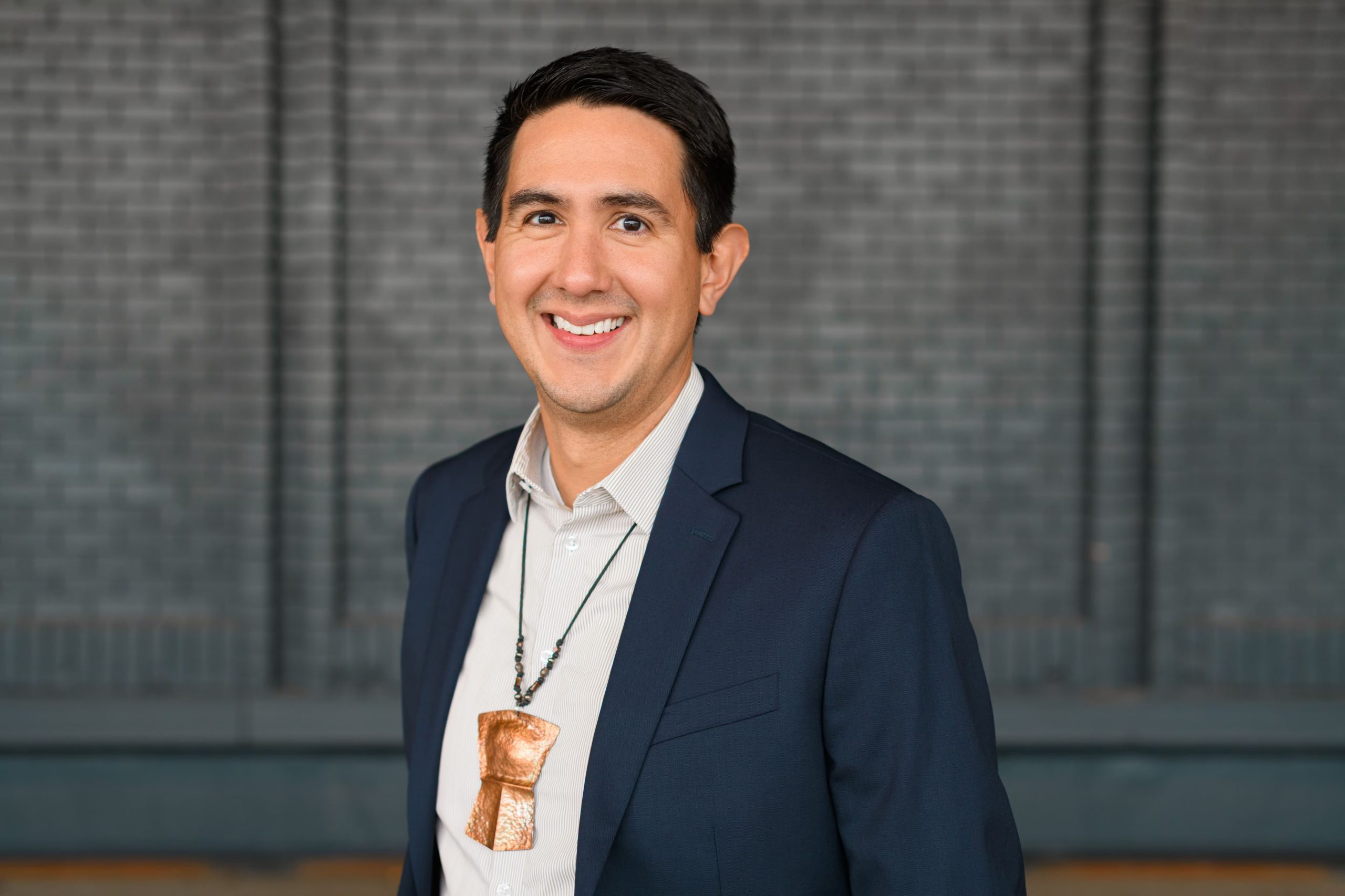Podcast: Play in new window | Download | Embed
The US Parole Commission is denying parole for Native American activist Leonard Peltier (member of the Turtle Mountain Band of Chippewa Indians), who has served 49 years in federal prison.
Supporters worry the 79-year-old won’t make it to his next parole hearing.
South Dakota Public Broadcasting’s Lee Strubinger has more.
Leonard Peltier is serving two life sentences for an incident in 1975 on the Pine Ridge Reservation that led to a shootout between American Indian Movement activists and two FBI agents.
FBI Director Christopher Wray says Peltier fatally shot Jack Coler and Ronald Williams.
Wray says Peltier has never accepted responsibility or shown remorse for the incident and is wholly unfit for parole.
Amnesty International calls Peltier’s continued incarceration a human rights travesty.
Some see Peltier, who is a member of the Turtle Mountain Band of Chippewa Indians, as a symbol of racism and oppression against Native Americans by the US criminal justice system.
He’s considered a champion for Native American civil rights.
Nick Tilsen (citizen of the Oglala Lakota Nation), president and CEO of NDN Collective, characterizes the parole denial like a death sentence.
“They have chosen to take a boarding school survivor, taking America’s longest serving political prisoner in American history that’s Indigenous and keep him in prison for a crime that they have no physical evidence against him on.”
Ed Woods is a retired FBI agent with the No Parole Peltier association.
He’s fought for decades to keep Peltier behind bars.
“There’s been enough from Peltier that proves beyond a reasonable doubt that he’s guilty—no matter how much he tries to pretend otherwise. As far as I’m concerned, justice spoke and continues.”
Tilsen says the organization will now push for clemency from President Joe Biden.
Peltier’s lawyers say appealing the parole decision could take years.
Time to free Peltier from prison is limited.
Supporters say Peltier is in declining health.

The Blackfeet Nation is one of two tribes to receive grant funding for enhanced cybersecurity. (Photo: Murray Foubister / Flickr)
Two Montana tribes will receive about $60,000 to bolster cybersecurity.
Montana Public Radio’s Aaron Bolton reports these grants are the first time the federal government has helped tribes with cyber defenses.
The Blackfeet Nation will receive nearly $39,000 and the Chippewa Cree of the Rocky Boy Reservation will get nearly $22,000.
These grants come as cyberattacks have become a growing problem for businesses and governments big and small.
The FBI says cyberattacks and financial losses have risen steeply over the past five years.
Thirty-two tribes across the country received funding.
According to the U.S. Department of Homeland Security, tribes will be able to apply for millions of dollars more of cybersecurity funding next year.
The grants come from the bipartisan infrastructure bill congress passed in 2021.
The Alaska Federation of Natives (AFN) Board of Directors recently announced the selection of Ben Mallott as the organization’s next president.
AFN is the largest statewide Native organization in Alaska.
Mallott has been with the organization for more than a decade, currently serving as Vice President of External Affairs.
Board Co-Chair Joe Nelson cites Mallott’s background in Alaska Native issues and state and federal public policy as key to his selection.
Mallott will succeed Julie Kitka.
Kitka has led AFN for 40 years.
Kitka will be the keynote speaker at this year’s AFN’s annual convention in Anchorage in October to celebrate her legacy.
Mallott will begin his new role in August to allow an overlap with Kitka through October.
Get National Native News delivered to your inbox daily and stay up-to-date on the 2024 Native Vote. Sign up for our daily newsletter today.




